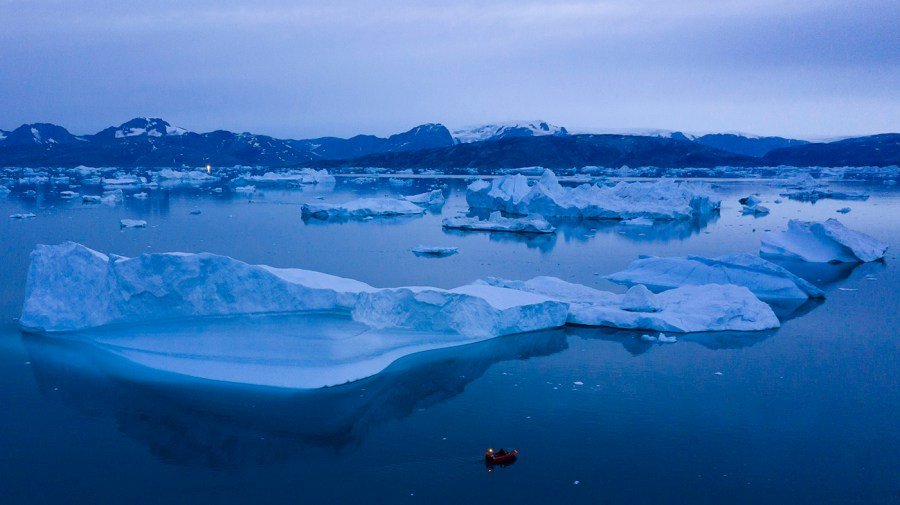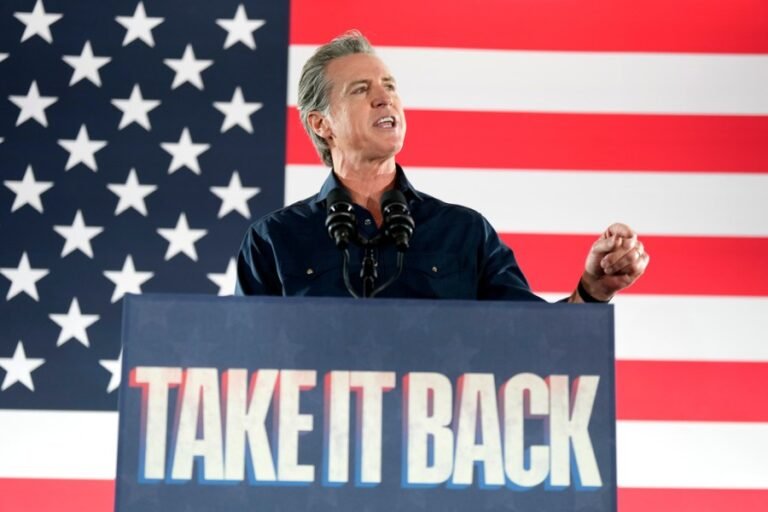
There is a greater than 95 percent chance the global temperature will increase by at least 2 degrees Celsius by the end of the century, according to a Tuesday report from the Rhodium Group.
The research group’s 2025 Climate Outlook predicts that global temperatures will increase by 2.3-3.4 degrees Celsius by the end of the century, with 67 percent confidence.
The goal of limiting the average global temperature increase to less than 2 percent was initially set by the 2015 Paris Agreement, an international treaty that intended to address the effects of climate change. The agreement, adopted by 195 countries, predicted that the average global temperature could rise between 2.5-7.8 degrees Celsius by 2100, with 90 percent confidence.
The Rhodium Group’s report, though, noted that thanks to “advances in policy and technology,” the world has “likely avoided the dire predictions” of the Paris Agreement. It added that achieving the goal of limiting warming to below 2 degrees on average “will require a much faster pace of policy action and technological deployment.”
The U.S. joined the Paris Agreement under President Obama. President Trump withdrew from the accords in June 2017, a decision former President Biden reversed nearly four years later.
Trump again withdrew the U.S. from the agreement on his first day back in office in January.
According to the Climate Action Tracker, an independent project that measures countries’ adherence to the Paris Agreement, China produces the most metric tons of carbon dioxide annually, emitting an estimated 15,997.08 this year based on policy projections.
The U.S., according to the project, will emit an estimated 6,123.42 metric tons of carbon dioxide this year, based on policy projections. The tracker says the U.S., Mexico, Indonesia, Iran, Mexico, Russia, Saudi Arabia, Thailand, Turkey and Vietnam are doing a “critically insufficient” job at addressing climate change.
China, Canada, Egypt, India, New Zealand, Singapore and South Korea, meanwhile, are doing a “highly insufficient” job at addressing climate change.


